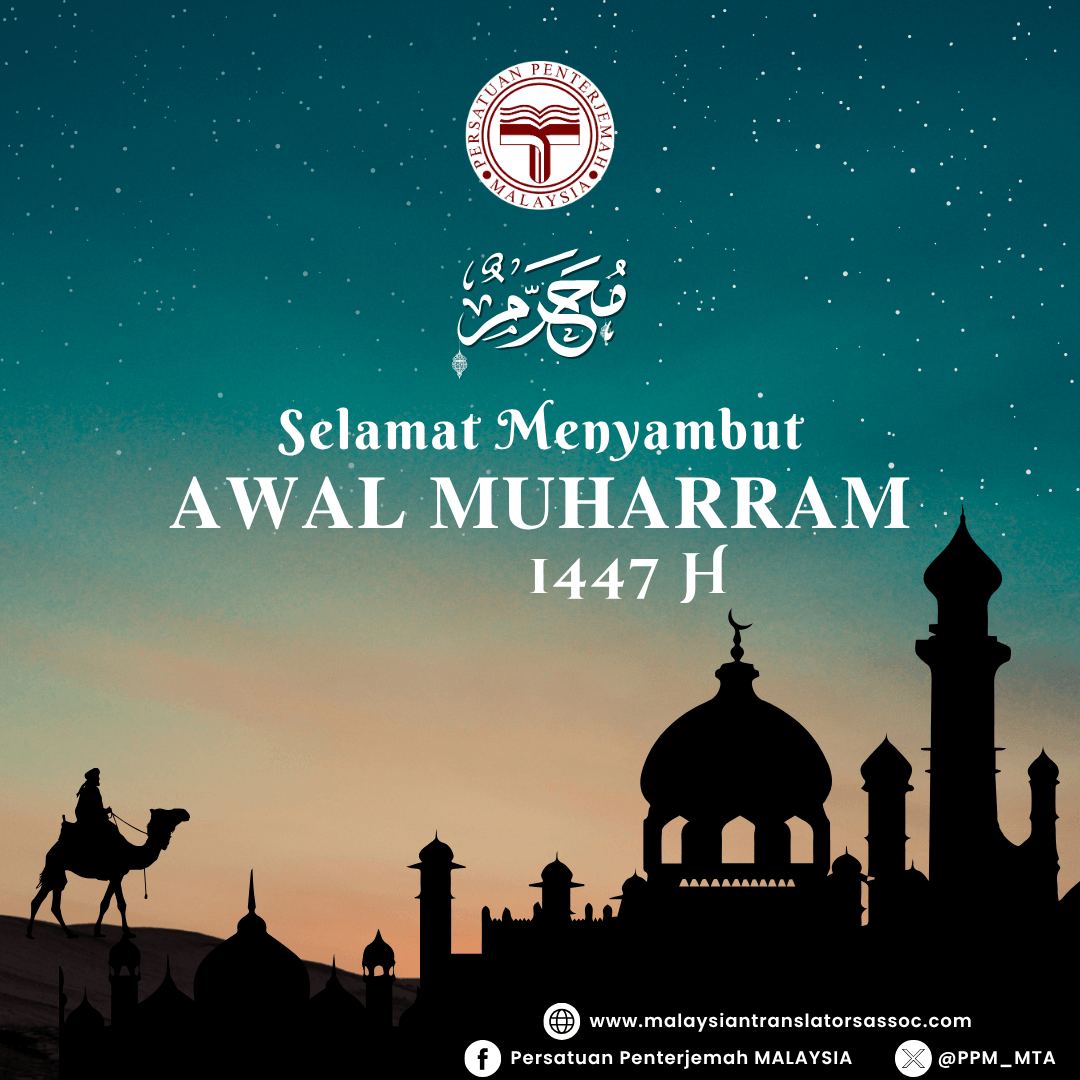Pada tahun 2020, Fakulti Bahasa dan Linguistik (FBL), Universiti Malaya dan Persatuan Penterjemah Malaysia (PPM) telah mengadakan Seminar Penterjemahan Antarabangsa III: Masa Depan Penterjemahan pada 12 Dis 2020. Sebanyak 3 sarjana terkenal antarabangsa telah diundang. Profesor Mark Shuttleworth dan Bekas Profesor Emeritus Christiane Nord telah memberi syarahan; sementara itu, Profesor Jeremy Munday telah membincangkan persoalan yang telah dikemukakan oleh peserta. Seramai 200 peserta telah menghadiri seminar dalam talian ini. Seminar ini turut dihadiri Dekan FBL dan Presiden PPM yang masing-masing telah memberikan ucapan alu-aluan.
Ucapan pelancaran webinar, di Fakulti Bahasa dan Terjemahan, di Universiti Malaya, pada 12 Disember 2020
THE FUTURE OF TRANSLATION STUDIES
First and foremost, let me bid a hearty welcome to our three distinguished speakers; Prof Jeremy Munday, Prof Christian Nord and Prof Mark Shuttleworth.
And of course to all our participants on the web.
In this opening speech, allow me to talk in brief about three things.
First
I was introduced to translation early in my life. I lived near a famous Arabic School, Ehya Asshariff, in Semanggol Perak. The school often received many visitors from Mecca and Cairo. They always spoke in Arabic, and translators were employed. I was intrigued to see people who translated those speeches. I got to know one of the translators in my adult life. And my admiration for Abu Bakar Hamzah was immense on finding out that he was self-taught in translation! I am sure training would definitely make a good translator better. And training, would still require our attention.
Second
As early as 1970 when I was teaching in Science University Malaysia, I was involved in The Machine Translation Project conducted by the university with Grenoble University in France. I thought the project was successful as it was sufficient to translate a few books. Non-science books required some human editorial help, but science books required minimal editing. But the project became “silent” after a while. I wonder whether we could continue to focus some research works on machine translation.
Third
My third concern involves the things I do in my work, publishing books of knowledge. We do not have enough authors to write trade books in Malay. We still depend a great deal on the translation of such books from English. And this brought forth a few issues.
Last month my publishing company translated “How to Talk to Anyone” by Leil Lowndes. The Book was a bit lengthy, and I saw the translated version was a little thinner. I asked the editor, “Did you make sure all the 92 tips described by Lowndes were translated?” I was ensured that was done. What is obvious, there is a great deal of adaptation that needed to be done in translation of this sort. And a course in translation studies must make sure it is done.
In school I read “Treasure Island” by Robert Louis Stevenson. While studying in Edinburgh University, I could not find the earlier version of the book. Later I found out it was entitled “The Sea Cook, a Story for Boys”. I realised, even the title of a book can be adapted if necessry.
The other book I read when in school was Daniel Defoe’s Robinson Crusoe. I read the abridged version of about 50 pages. But the original book was about 600 pages long.
What I mean to say is this, in conducting a translation course, there are many other necessary considerations needed to be imparted to our students. A book may be adapted, abridged, or sometimes altered.
In conclusion I wish to say to the webinar participants, “have a fruitful discussion”.






